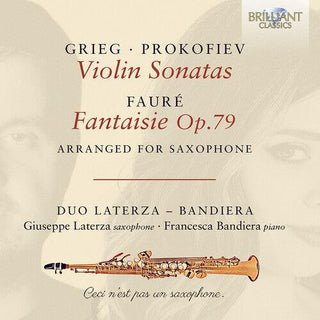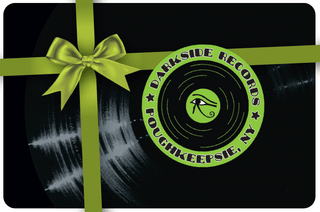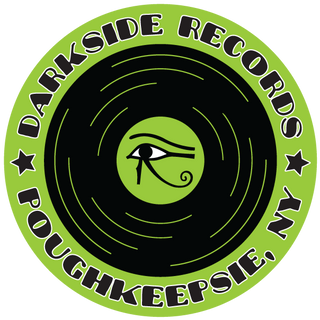Duo Laterza - Bandieri- Grieg & Prokofiev: Violin Sonatas; Faure: Fantaisie Op.79, arranged for Saxophone

Research, experimentation, discovery and rediscovery of new forms and ways of expression are the basis of a musician's work and, in the realisation of this project, they represent the cornerstones of an artistic partnership intended to give value to an important part of the saxophone repertoire, namely that related to transcriptions with piano accompaniment. Though the saxophone is a relatively recent instrument, it became a leading protagonist on the musical scene of the 20th century. While it was not immediately given consideration by the great composers who were contemporary to the instrument's birth and initial diffusion, it does possess the versatility and timbral and expressive characteristics to allow it to draw on repertoire intended for other instruments. In doing so, it gives these works a new look and an innovative as well as valid interpretation. This album brings together three works that - considering the varied stylistic characteristics and expressive intentions of the three composers - represent a clear example of how the saxophone can faithfully return the founding idea of each piece to the listener, radically modifying it without altering it's nature. The Fantasie Op.79 by Gabriel Fauré (1898), originally for flute and piano, was written in response to a commission for an examination piece: 'it must be short, 5 or 6 minutes at the most [.] and include the means needed to test the examinees on matters of phrasing, expression, control of tone and virtuosity'. A short time after Adolphe Sax patented the saxophone, Edvard Grieg wrote his First Violin Sonata (1865). The author himself described it as 'still a little naive but rich in melodic ideas'. In three movements and characterised by an almost spring-like atmosphere, it is adorned with references to Norwegian folk music which lend a rather grave and turbulent tone to some sections of the work. More 'recent' (by then the saxophone was heading towards the popularity it deserved) is Sergei Prokofiev's Sonata in D Op.94, originally written for flute and piano in 1943. It immediately drew the attention of the great violinist David Oistrakh, who proposed a violin version of the work to the composer which later became known as Op.94bis. A fundamental work of both the flute and violin literatures, here it is presented in it's adaptation for soprano saxophone and piano, and the work continues to embody inventive freshness and lively elegance of writing.
Research, experimentation, discovery and rediscovery of new forms and ways of expression are the basis of a musician's work and, in the realisation of this project, they represent the cornerstones of an artistic partnership intended to give value to an important part of the saxophone repertoire, namely that related to transcriptions with piano accompaniment. Though the saxophone is a relatively recent instrument, it became a leading protagonist on the musical scene of the 20th century. While it was not immediately given consideration by the great composers who were contemporary to the instrument's birth and initial diffusion, it does possess the versatility and timbral and expressive characteristics to allow it to draw on repertoire intended for other instruments. In doing so, it gives these works a new look and an innovative as well as valid interpretation. This album brings together three works that - considering the varied stylistic characteristics and expressive intentions of the three composers - represent a clear example of how the saxophone can faithfully return the founding idea of each piece to the listener, radically modifying it without altering it's nature. The Fantasie Op.79 by Gabriel Fauré (1898), originally for flute and piano, was written in response to a commission for an examination piece: 'it must be short, 5 or 6 minutes at the most [.] and include the means needed to test the examinees on matters of phrasing, expression, control of tone and virtuosity'. A short time after Adolphe Sax patented the saxophone, Edvard Grieg wrote his First Violin Sonata (1865). The author himself described it as 'still a little naive but rich in melodic ideas'. In three movements and characterised by an almost spring-like atmosphere, it is adorned with references to Norwegian folk music which lend a rather grave and turbulent tone to some sections of the work. More 'recent' (by then the saxophone was heading towards the popularity it deserved) is Sergei Prokofiev's Sonata in D Op.94, originally written for flute and piano in 1943. It immediately drew the attention of the great violinist David Oistrakh, who proposed a violin version of the work to the composer which later became known as Op.94bis. A fundamental work of both the flute and violin literatures, here it is presented in it's adaptation for soprano saxophone and piano, and the work continues to embody inventive freshness and lively elegance of writing.





